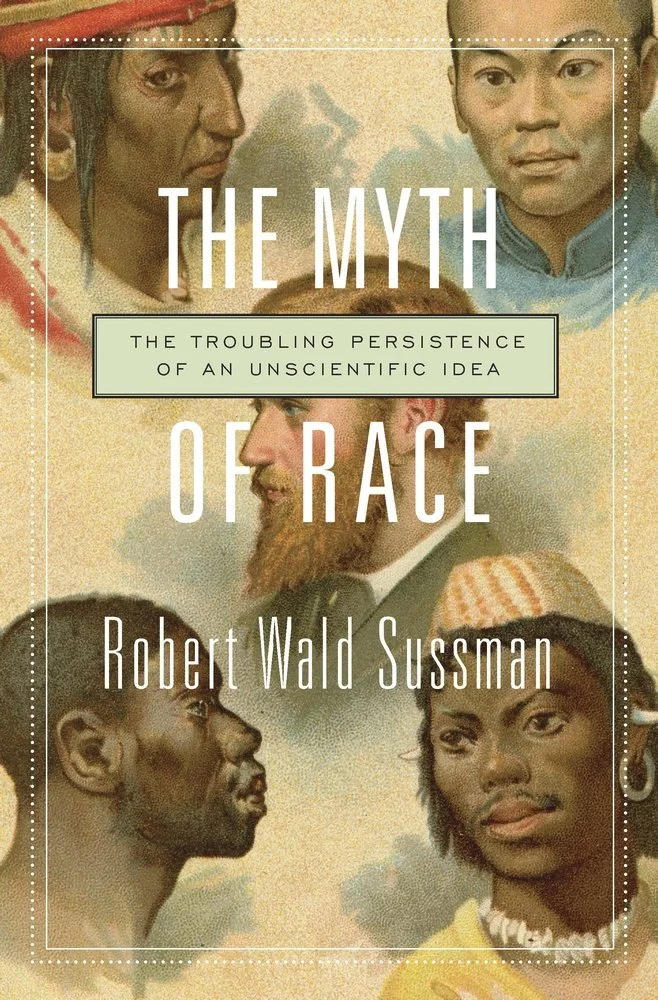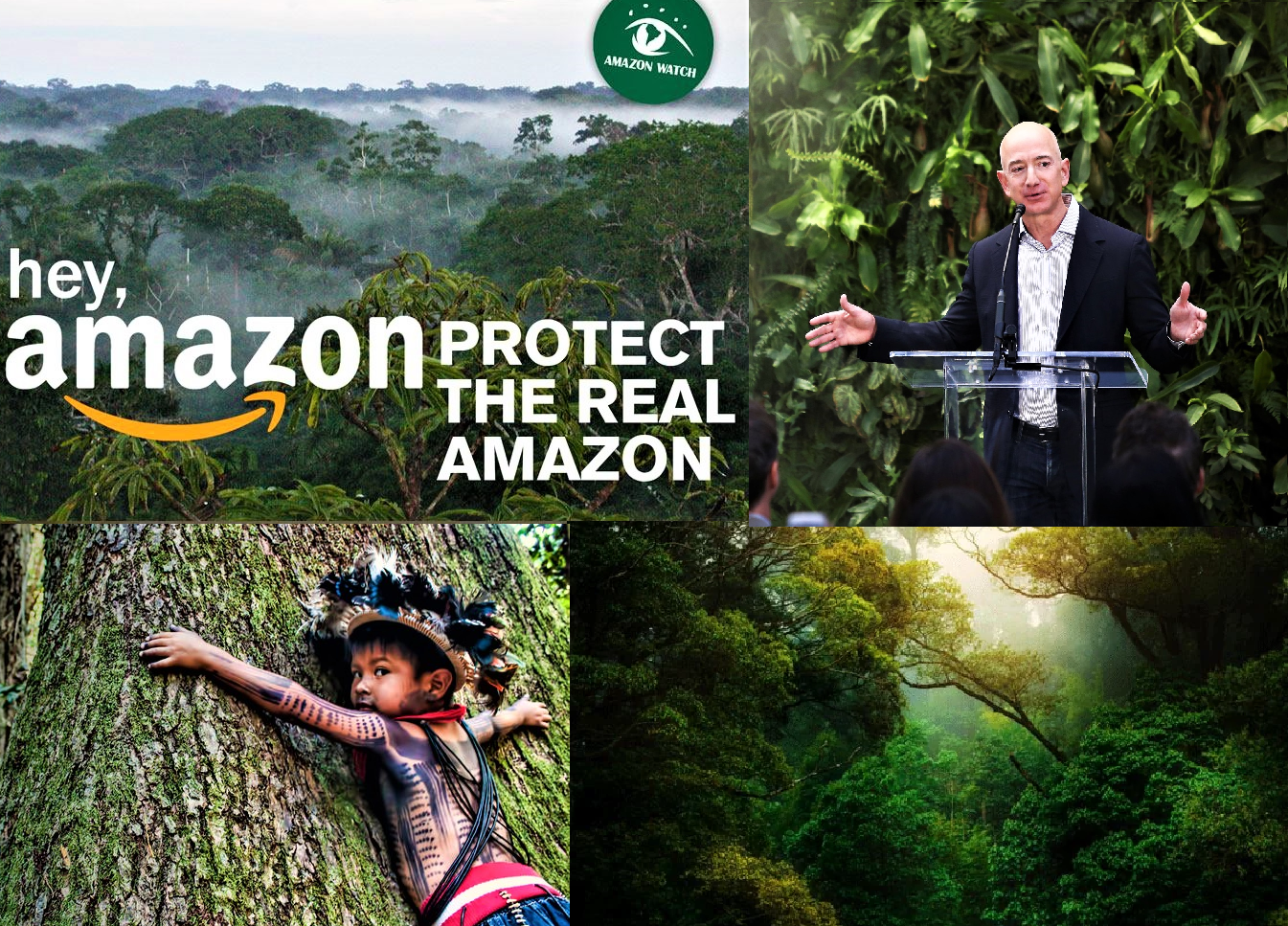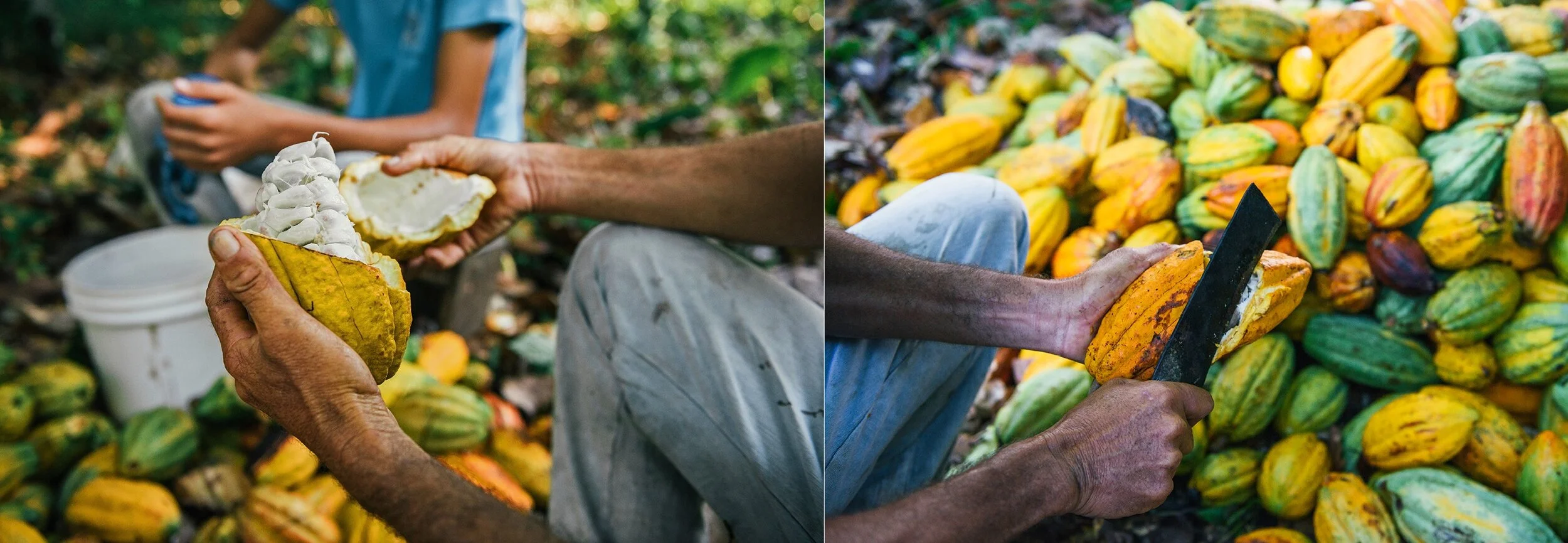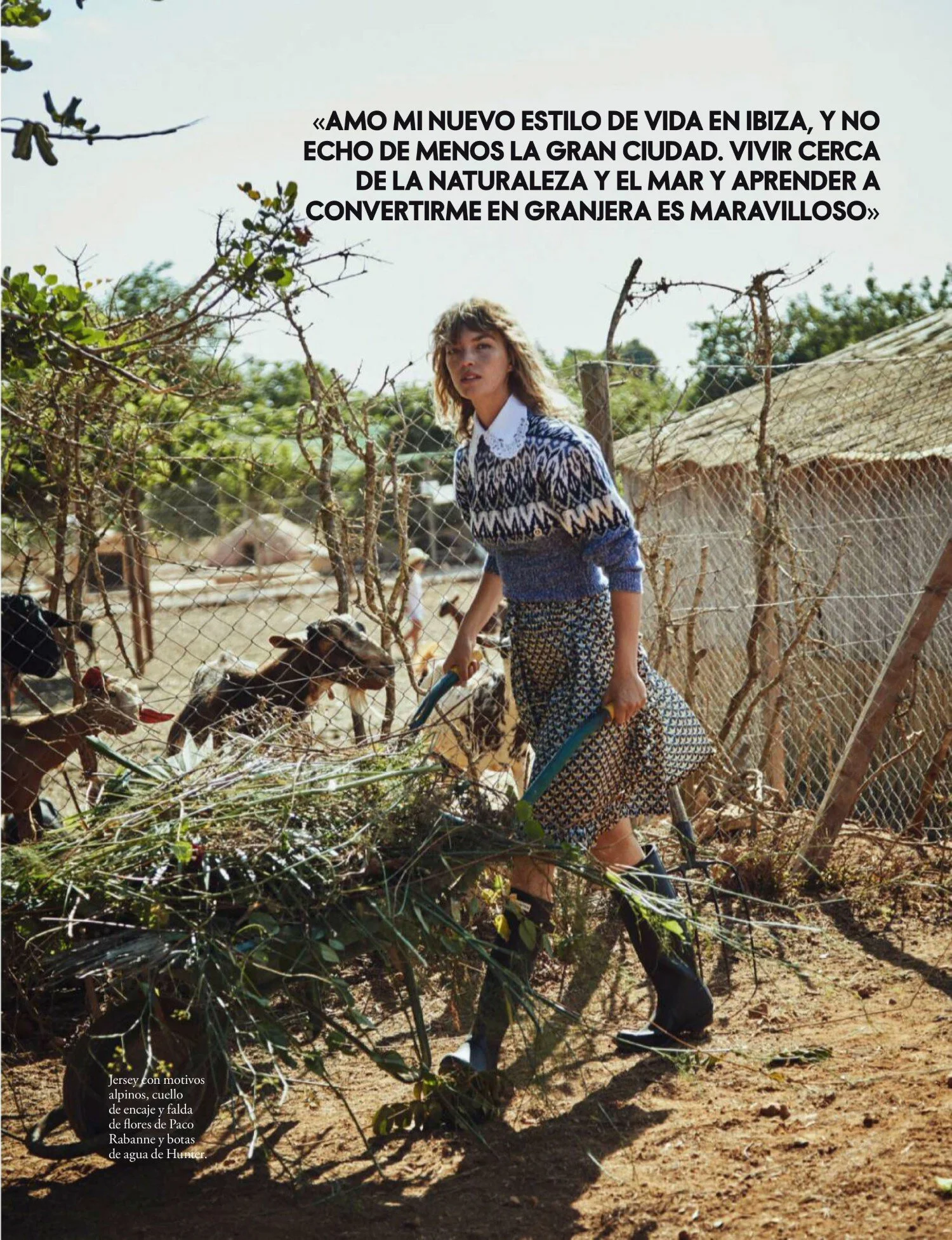Read on: Tech Giant Amazon Rolls Out Amazon Rainforest Carbon Offset Project AOC Sustainability
By Juliana Ennes. First published on Mongabay.com
. First published on Mongabay.com AOC Sustainability
How do you get a small rancher to give up cutting trees for pasture and instead produce high-value and sustainable agricultural products without the requisite skills, money, or access to markets? A new initiative is trying to solve this problem in the Brazilian Amazon.
Called the Agroforestry and Restoration Accelerator, this nature-based carbon removal project aims to help small farmers diversify production and reach new markets, focusing on reforestation and regenerative agroforestry while also advancing economic development. The initiative, announced in early September by U.S-based tech giant Amazon in partnership with nonprofit The Nature Conservancy (TNC), will set up a project in Pará state, home to 9% of the world’s tropical forest area and 40% of Amazon deforestation — the highest rate of forest loss in Brazil.
But this isn’t a philanthropic movement. While Amazon will invest money and provide technical assistance to farmers — and TNC and other nonprofits will provide support on the ground — the tech colossus will receive carbon credits in exchange. Amazon executives and NGO representatives say this project is a win-win for forests, farmers, investors, and even for international carbon credit markets.
“The logic was to generate an alternative source of income so the small farmers wouldn’t have to expand their cattle production through deforestation. This logic, however, had always been philanthropic so far,” said TNC conservation director Rodrigo Spuri Tafner de Moraes in a phone interview.
Before the partnership with Amazon, TNC said it developed a pilot project in Pará over the last eight years named Cacau Floresta (“forest cocoa” in English) to help small farmers start producing sustainable crops of high market value, such as cocoa; Brazil is one of the world’s top cocoa-producing countries, but is still a net importer of the commodity.
According to TNC, this pilot project incentivized small farmers and ranchers to recover degraded or unproductive areas by planting cocoa trees in addition to other native species. This approach created low-carbon, small-scale agricultural production through agroforestry systems that recovered the forest while opening up a new income source for farmers, the nonprofit added.





































